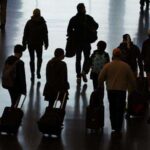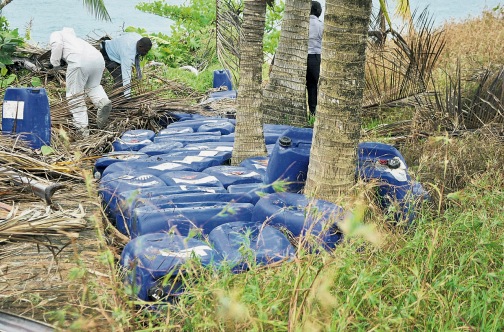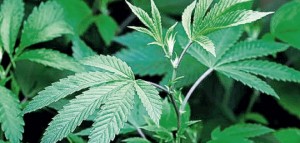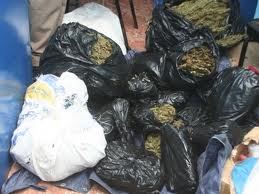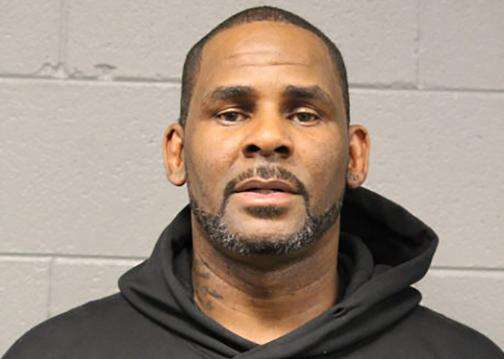Hash oil, made from marijuana, which was seized by the Jamaican police in St Catherine last year–WASHINGTON, DC, United States (CMC) — The United States says Jamaica remains the largest Caribbean supplier of marijuana to the United States, and that even though cocaine and synthetic drugs are not produced locally, Jamaica is a transit point for drugs trafficked from South America to North America and other international markets.
However, the US State Department, in its just released “2014 International Narcotics Control Strategy Report”, said Jamaica continued to make “slow but steady progress” in combating narcotics trafficking, corruption and organised crime in 2013.
It said success stories included the Jamaica Constabulary Force (JCF) Anti-Corruption Branch, which continued to make progress in eliminating corrupt and unethical police officers; the National Forensic Sciences Laboratory, which showed dramatic improvement in its ability to process crime scene ballistic evidence; the JCF Major Organised Crime and Anti-Corruption Task Force, which significantly reduced Jamaica lottery scam operations that targeted retirees and the elderly in the United States.
Washington said the Financial Investigation Division of the Ministry of Finance that, with new organisation and leadership, ramped up its efforts to curb money laundering and seize criminally-acquired assets and also praised the Independent Commission on Investigations, which was successful in establishing its legal authority to prosecute police officers who illegally injure or kill citizens in the course of their duties.
“The momentum of progress gained within Jamaica’s law enforcement agencies, however, is being obstructed by the inability of and the courts to keep apace and secure prompt convictions.
The United States will therefore continue to support efforts to reform and strengthen Jamaica’s criminal court system,” the report noted.
The report noted that in 2013, drug production and trafficking were both enabled and accompanied by organised crime, domestic and international gang activity, and police and government corruption.
It said illicit drugs were also a common means of exchange for illegally-trafficked firearms entering the country, exacerbating Jamaica’s security situation.
Drugs flow from and through Jamaica by maritime conveyance, air freight, and human couriers, and to a limited degree by private aircraft.
“Drugs leaving Jamaica are bound for the United States, Canada and other Caribbean nations. However, marijuana and cocaine are also trafficked from Jamaica into the United Kingdom, Belgium, Germany, and the Netherlands.
Jamaica is emerging as a transit point for cocaine leaving Central America and destined for the United States, and some drug trafficking organisations exchange Jamaican marijuana for cocaine,” said the report.
It added that factors that contributed to drug trafficking include the country’s convenient geographic position as a waypoint for narcotics trafficked from Latin America; its lengthy, rugged and difficult-to-patrol coastline; a high volume of tourist travel and airline traffic; its status as a major transshipment hub for maritime containerised cargo; inadequate educational and employment opportunities for at-risk youth who engage in crime; and a struggling economy that encourages marijuana cultivation in rural areas.
Washington said that while the Government and law enforcement authorities are committed to combating narcotics and illicit trafficking, their efforts were only moderately effective in 2013 because of a lack of sufficient resources; corruption; an inefficient criminal justice system; and the inability of lawmakers to adopt meaningful legislation to combat corruption and gangs.
Lawmakers increased their discussion of loosening Jamaica’s law prohibiting the personal use of marijuana, the report stated.
It said that an estimated 15,000 hectares of marijuana is grown in all 14 parishes of Jamaica, generally in areas inaccessible to vehicular traffic on small plots in mountainous areas and along the tributaries of the Black River in the parish of St Elizabeth.
The police and military, supported by the United States, employed teams of civilian cutters to cut growing plants, seize seedlings and cured marijuana, and burn them in the field. But the report noted that because Jamaican law prohibits the use of herbicides, only manual eradication was conducted in 2013.
Eradication of marijuana decreased in 2013, with the destruction of 247 hectares of growing cannabis, 1.9 million seedlings, and 285 kilogrammes of seeds, down from 711 hectares, 2.58 million seedlings and 785 kgs of seeds destroyed in 2012.
According to the report, while Jamaica prohibits the manufacture, sale, transport, and possession of MDMA (ecstasy) and methamphetamine, and regulates the precursor chemicals used to produce them, precursor chemicals continued to move through Jamaica to Central America last year and were concealed in shipping containers that passed through the Port of Kingston.
It said the chemicals included methylamine hydrochloride and monomethylamine, both of which are utilised in the manufacture of methamphetamine.
“Smugglers continued to use maritime shipping containers, ships, small boats, air freight and couriers to move drugs from and through Jamaica to the United States. One common practice of traffickers was to transport cocaine in large fishing vessels to a point several miles off the Jamaica coast, where small fishing canoes then carried the drugs to shore.
“Traffickers used the same system in reverse to ship marijuana south to the Caribbean and South America,” the US State Department noted.
Washington said that it supports a wide range of efforts designed to address crime and violence affecting Jamaican citizens, primarily through the Caribbean Basin Security Initiative (CBSI), the security partnership between the United States and Caribbean nations that seeks to substantially reduce illicit trafficking, advance public safety and citizen security, and promote social justice.
“Consistent with the CBSI, supporting Jamaica’s transformation into a more secure, democratic, and prosperous partner is a major US policy goal,” the reported added.


